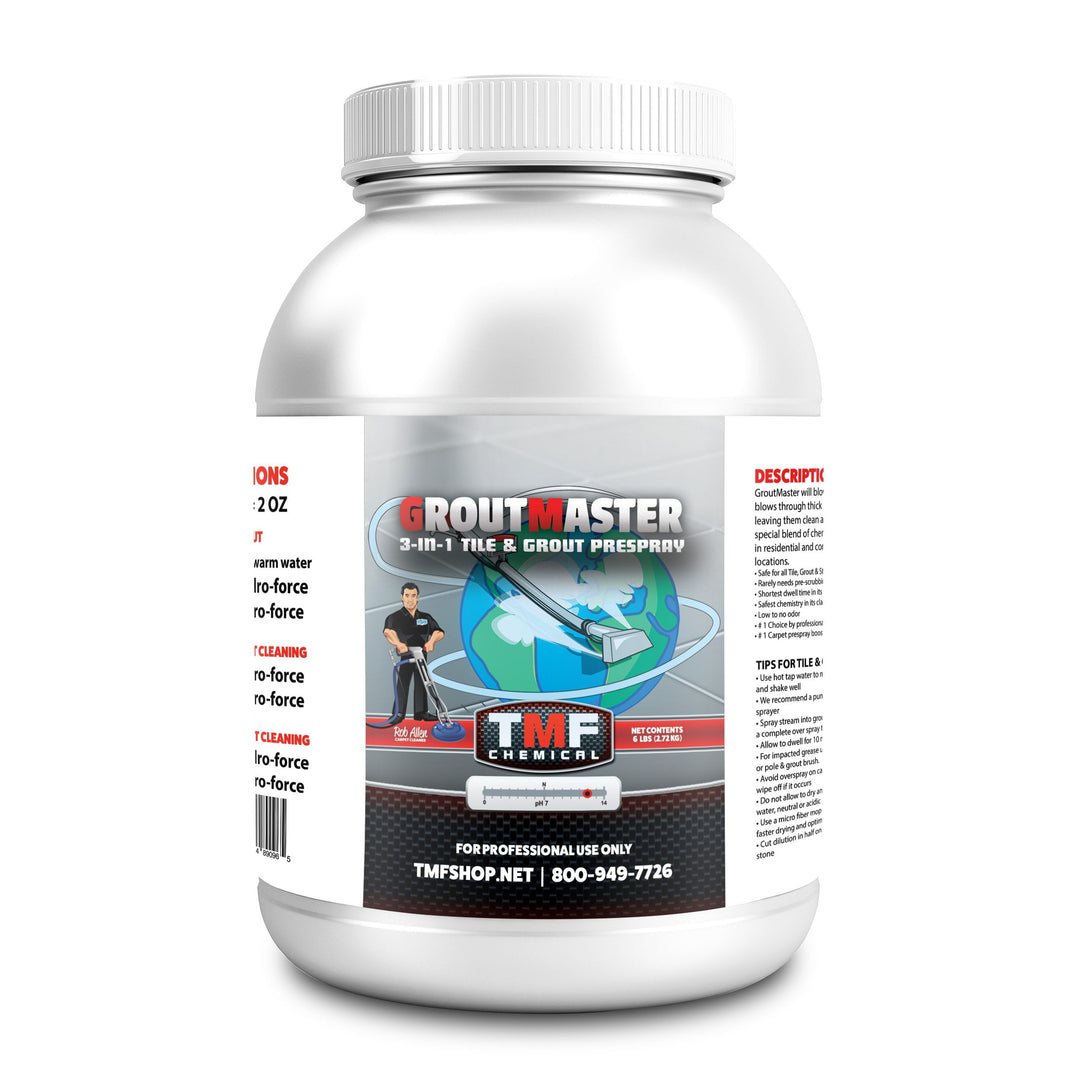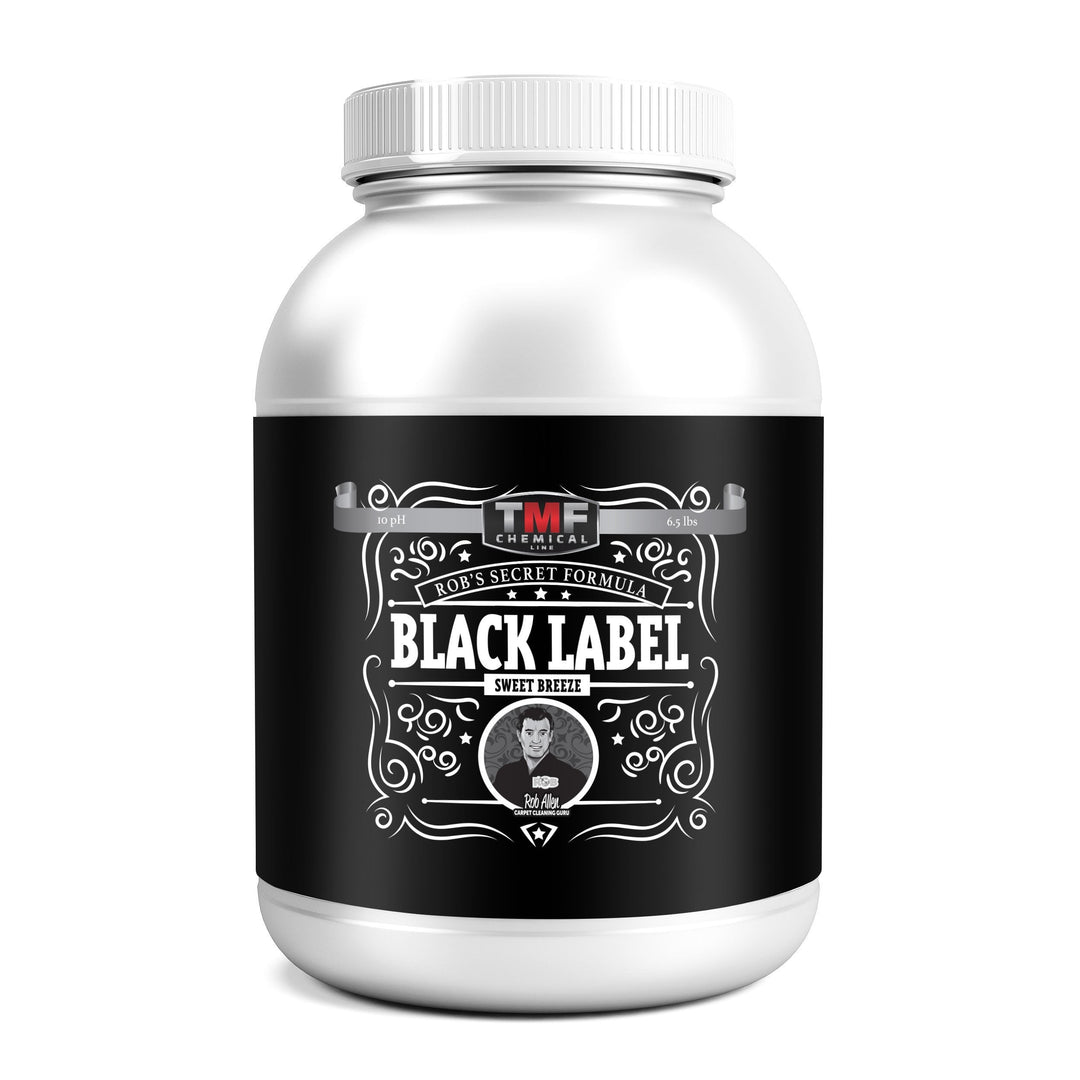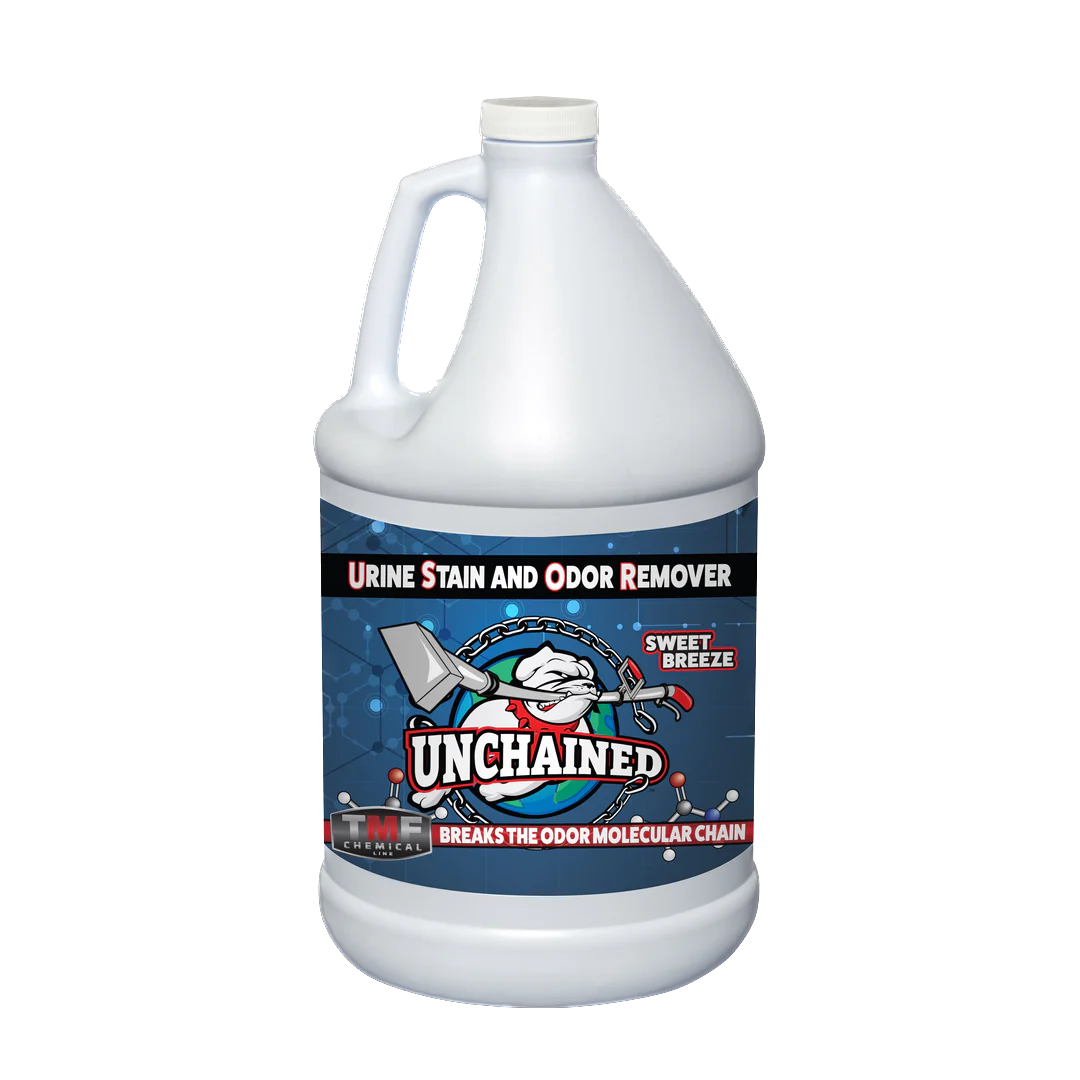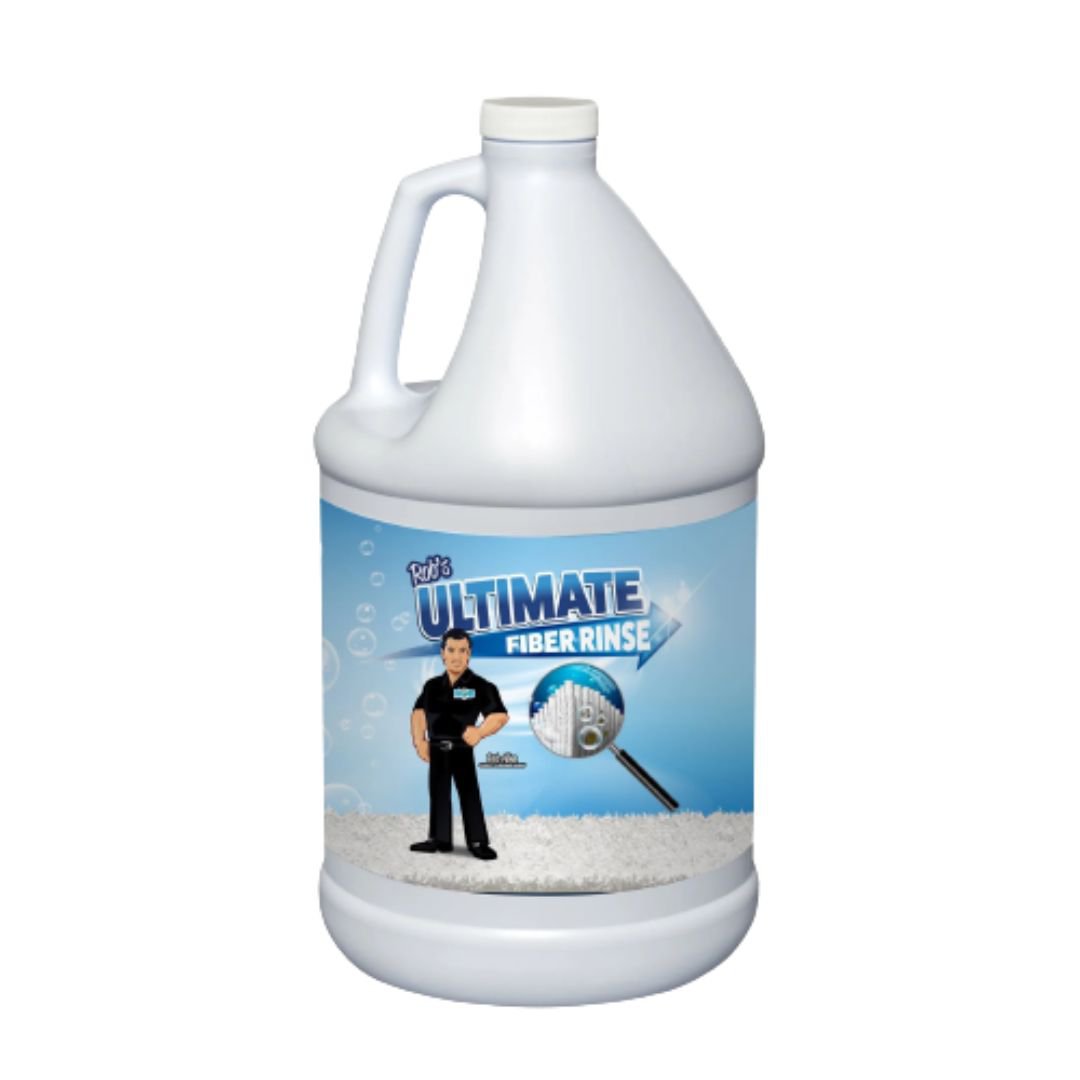What Is The Production Rate for Truck Mount Carpet Cleaning?
Ever found yourself scratching your head and thinking, what is the production rate for truck mount carpet cleaning? We’ve been there too! And with 31 golden years under our belt, it’s only fitting that we share our insights with you.
The production rate is the key to working out your costs and profit margins, and calculating it is different for everyone and will depend on factors like your equipment and how big the job is.
Luckily, we’ll show you exactly how to calculate your production rate, and also explain how to lower it.
What this article covers:
- How Do I Calculate the Production Rate?
- Understanding the Production Rate: Why Does It Matter?
- What Can Lower the Production Rate?
- Tips For Improving the Production Rate for Carpet Cleaning
How Do I Calculate The Production Rate?
The Straightforward Formula
In its simplest form, the production rate is the square footage of the carpeted area divided by the time it takes to clean it. Sounds simple, right? But let’s spice things up a bit.

Example Scenario:
Let’s say you’re cleaning Mr. Garcia’s living room which is 400 sq. ft. You breeze through it in 40 minutes. So, your production rate would be: 400 sq. ft. ÷ 40 minutes = 10 sq. ft./minute.
Taking The Dive Into Bigger Jobs
Now, this is where things get slightly more complex. If you’re taking on larger projects, you’ve got to factor in breaks, equipment hiccups, and more.
Example Scenario:
Imagine cleaning the entire office floor of ‘Techy Towers,’ which is a whopping 5,000 sq. ft. Now, if you factor in a 15-minute break and a 10-minute equipment troubleshooting time, your total cleaning time might be 7 hours.
The calculation would be: 5,000 sq. ft. ÷ 420 minutes = approx. 11.9 sq. ft./minute.
Don’t Forget Those Twists and Turns
Example Scenario:
Aunt Clara’s 300 sq. ft. space, filled with vintage furniture and corners, took us 45 minutes. The Wilsons’ 300 sq. ft. loft, on the other hand, was a breezy 20-minute job. So:
- Aunt Clara: 300 sq. ft. ÷ 45 minutes = 6.6 sq. ft./minute.
- The Wilsons: 300 sq. ft. ÷ 20 minutes = 15 sq. ft./minute.
See the difference? It’s all in the details!
In essence, while the basic formula to calculate the production rate is straightforward, the real magic lies in understanding the nuances of each job.
Understanding The Production Rate: Why Does It Matter?
Let’s get down to the brass tacks and figure out the significance of understanding this rate.
It’s All About Efficiency
Different systems and machines will give you different production rates. For example, a smaller machine will have a different production rate to a full truck mount system. That’s because while a smaller machine might be perfectly fine for cleaning a smaller space, it won’t be as efficient for a large job and this will affect the production rate.
Budgeting Time and Money
It’s not just about the job at hand. It’s also about managing your entire day, week, or even month! Say you’ve got three jobs lined up in a day.
You can allocate time efficiently by accurately knowing your production rate, ensuring no overlap or undue delays. This not only means more satisfied customers but also translates to optimal earnings.
Setting Clear Expectations
After conducting experiments, we learned that knowing your production rate helps set clear expectations for you and your client.
The production rate is the backbone of our operations. Knowing it, understanding it, and working with it can be the difference between a thriving business and one struggling to keep pace.
It’s like knowing the exact amount of coffee to water ratio for that perfect brew; once you’ve nailed it, every morning is pure bliss!
Building Customer Trust
Picture this. You’ve bagged a big job – say, the newly opened community center downtown. They want to know how long it’ll take you. If you’re fumbling for an answer or guesstimate and overshoot the mark, you risk losing their trust.
By having a proper understanding of your production rate, you can give your customers a more accurate and upfront anser. Being precise with your time estimates is a direct reflection of your professionalism.
What Can Lower The Production Rate?
Your production rate will depend on a few factors, like your equipment, the layout of the space, and what kinds of stains you’re dealing with. Let’s find out more, shall we?
Equipment
Here’s a hard truth: not all cleaning equipment is created equal. You might think you’re saving a buck by going for a cheaper alternative, but it could hurt your production rate in the long run.
It’s crucial to invest in quality carpet cleaning equipment.
Tricky Stains
Let’s face it; some carpets have seen better days. A heavily soiled carpet with stubborn stains can dramatically slow the cleaning process.
Having an efficient strategy for tackling tricky stains can help with mitigating this.
The Room’s Layout & Furniture
A room’s layout, furniture, nooks, and crannies can have a big impact on your production rate. From our years of experience, we’ve learned that having to navigate through a room packed with furniture can slow you down quite a bit.
To combat this, use high quality tools that are designed for small spaces.
Unforeseen Challenges
Sometimes, things don’t go according to plan. Equipment malfunctions, water supply issues, or even power cuts can bring the cleaning process to a grinding halt.
Tips For Improving The Production Rate For Carpet Cleaning
Ready to put the pedal to the metal? Let’s boost that production rate with some tried-and-true tips!
Regular Equipment Maintenance
You wouldn’t go on a cross-country drive with a rusty old car, would you? Similarly, keeping your carpet cleaning equipment in tip-top shape is paramount.
Pre-Inspection
Before diving in, always scope out the carpet terrain. Identify those stain hotspots, assess the room layout, and draft a cleaning strategy.
Stay Updated With New Techniques
The cleaning industry, just like any other, evolves. You can ensure faster and better results by staying updated with the latest techniques.
Invest In Quality Cleaning Solutions
The right cleaning solution can be your secret weapon. It’s not just about getting the job done but getting it done efficiently.

Keep an Organized Inventory
Time spent looking for tools or solutions is time wasted. Having a well-organized inventory ensures you have everything at arm’s length.
Train, Train, Train
Lastly, invest time in training. Whether it’s a new recruit or a seasoned pro, continuous training ensures everyone is at their peak performance.
Pumping up that production rate isn’t about working harder but working smarter. Just as chefs sharpen their knives, we must continually refine our skills, techniques, and tools.

Conclusion
There you have it, a deep dive into the world of truck mount carpet cleaning production rates. Your production rate is essentially the amount of time it takes you to clean a space of a parituclar size, and is affected by things like your equipment, the level of dirt, and the room layout. But you can always combat a low production rate with regular equipment maintenance, pre-inspection, and efficient cleaning techniques.
At Truck Mount Forums, we pride ourselves on providing quality products that make your business shine. And remember, as we’ve always believed, understanding the nuances makes you efficient and the best in the game.
Cheers to clean carpets and even cleaner successes!
If you want to learn more, why not check out these articles below:
- Why Do Some Truck Mount Carpet Cleaners Run Hotter Than Others
- Does Truck Mount Cleaning Leave Carpet Slippery
- Truck Mount Carpet Cleaning Equipment Average Life
- How to Truck Mount a Pressure Washer
- How to Crank Truck Mount Machine
- How Much Energy Is Used to Clean Carpets Truck Mount
- TruckMount Forum Best Professional Carpet Spotting Kit
- Starting a Carpet Cleaning Business with TruckMount
- How to Clean a Water Tank on TruckMount
- How to Keep a Truck Mount Cleaning Machine from Freezing
- Portable vs. Truck Mount Carpet Cleaning
- Rotovac System vs. Truck Mount Carpet Cleaning
- TruckMount Waterlift vs. Portable
- TruckMount Forums Stainless Steel vs. Nylon Manifold
- Rotovac vs 20 Hp Truck Mount









